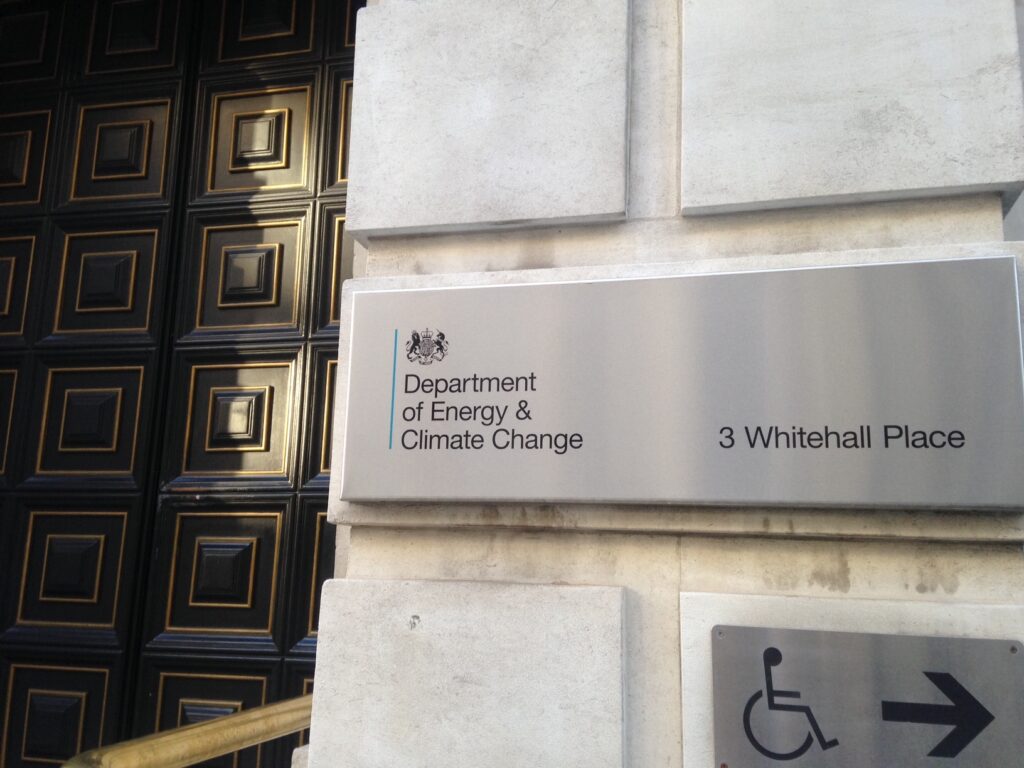The Department of Energy and Climate Change is to table a paper “shortly” which will set out how the department could remove barriers currently preventing storage and DSR technologies from taking off.
The paper will be published before a formal consultation is to be launched next spring, which will then feed into possible legislation which could be introduced next autumn.
Energy secretary Amber Rudd made the announcement during major energy strategy speech yesterday, during which she referenced how several reports – most notably one published by renewable energy companies Lightsource, Foresight and Good Energy – pushed a new decentralised energy strategy.
Other groups to have put out reports touting the potential of storage include the regulator, Ofgem, while National Grid has identified in its Future Energy Scenarios annual document that regulatory and market barriers to the use of storage as a flexibility resource amount to a “red light”.
“Some argue we should adapt our traditional model dominated by large power stations and go for a new, decentralised, flexible approach.
“Locally-generated energy supported by storage, interconnection and demand response, offers the possibility of a radically different model,” Rudd said.
The secretary of state mentioned that while it was “not necessarily the job of government” to choose a particular model to embrace, government must act as an “enabler” and allow the market to select which one would work best for the UK’s energy needs.
However in order for the government to act Rudd has said it is looking at “removing other regulations” that are holding back the progress of “smart solutions, such as demand side response and storage”.
DECC has established both a steering committee and a cross-party group to discuss storage technologies and their use in the UK energy system, both of which have been popularly subscribed to.
According to industry sources, attendees at the Storage Stakeholders’ Steering Committee meeting included Lord Adonis, who has been entrusted with stewardship of the newly created National Infrastructure Commission.
Additionally, industry group Electricity Storage Network (ESN) has welcomed the recent creation of a dedicated two-man team at DECC to look into storage. The team will look at “regulatory, market and commercial barriers to storage”, according to Dr Jill Cainey of the ESN.
There is also interest at National Grid level in creating a frequency response market, which like similar schemes in the US and latterly Germany, could reward the fast-acting ability of battery storage to balance the grid’s supply and demand, which could be done more efficiently and cleanly than with gas turbines, which are the most commonly used technology at present.
Additional reporting from Andy Colthorpe.






